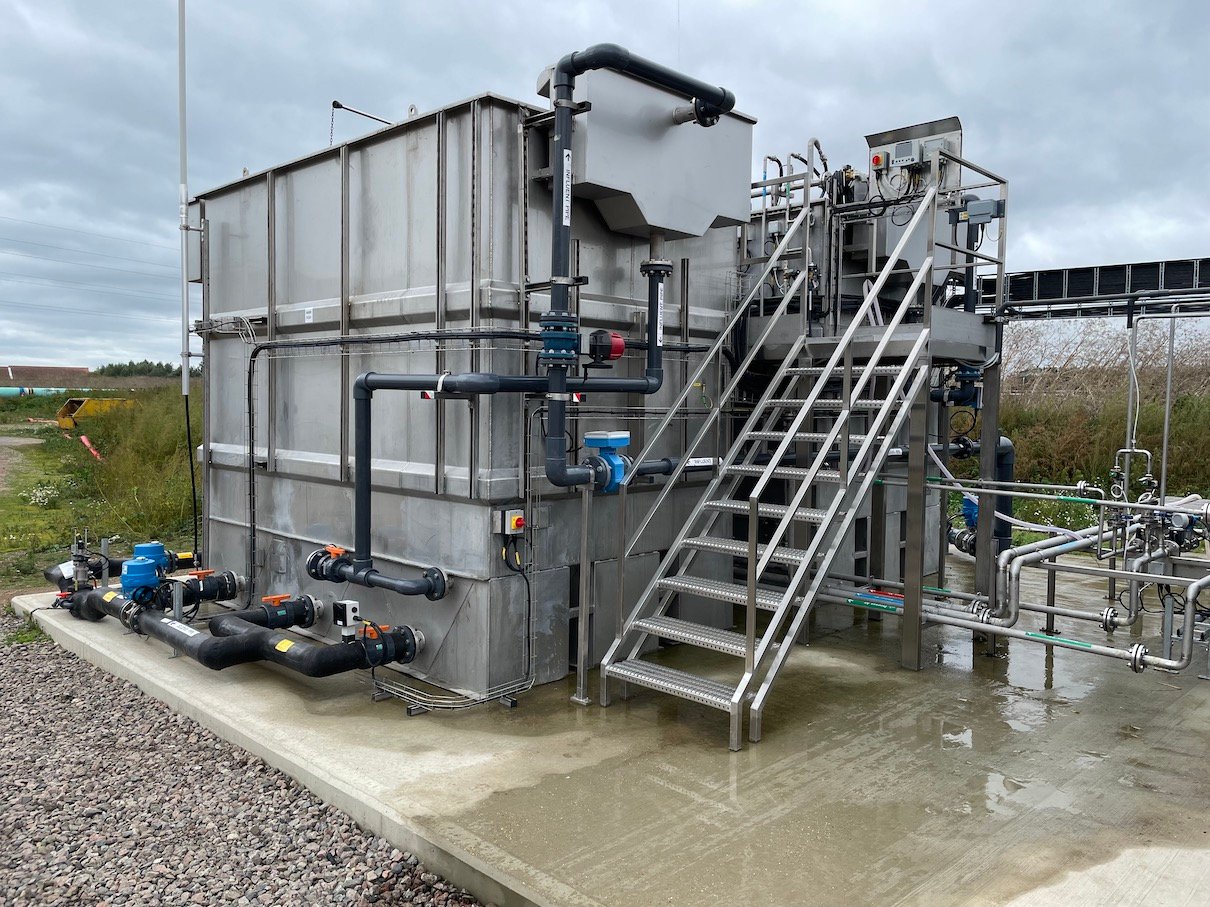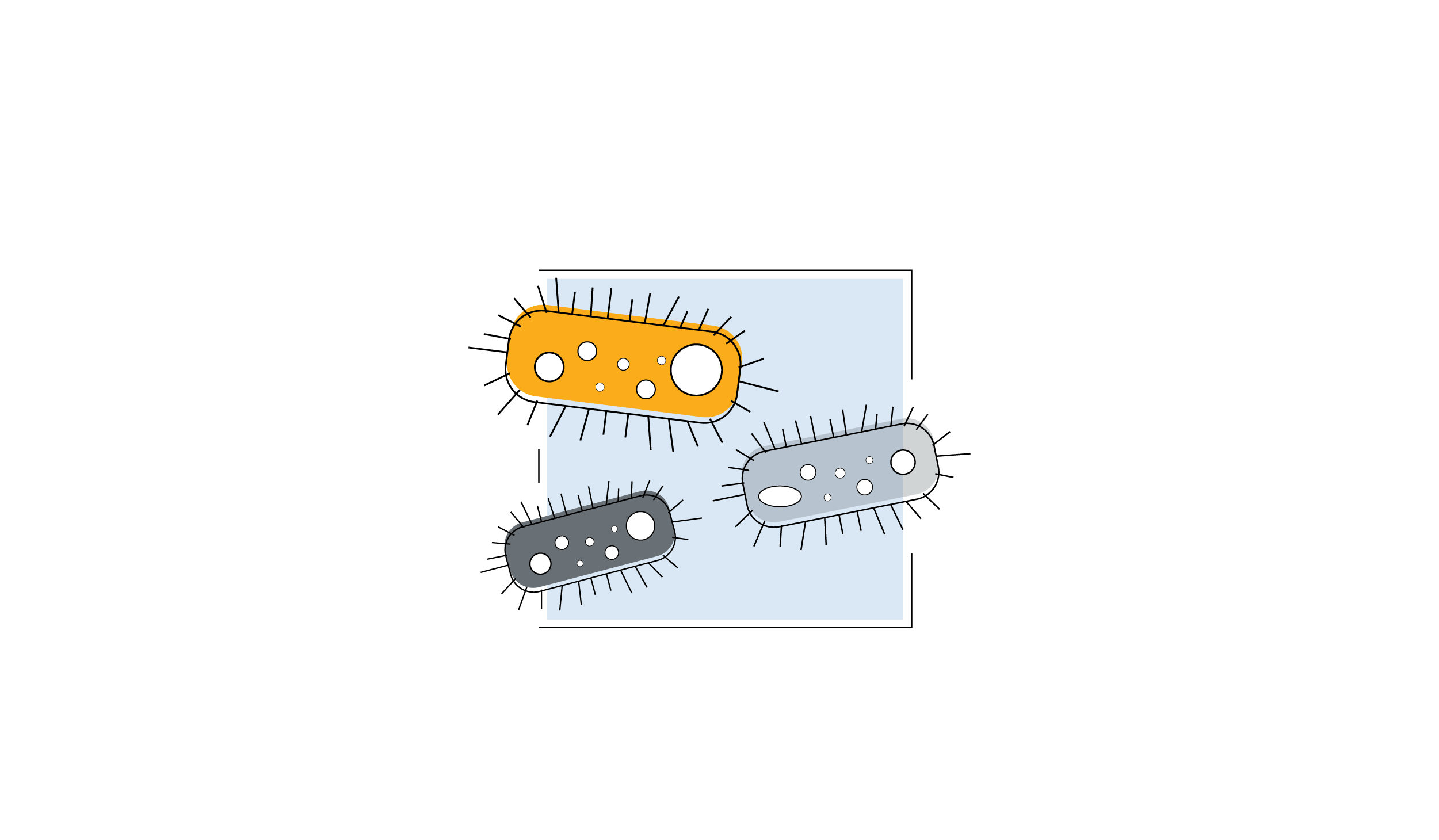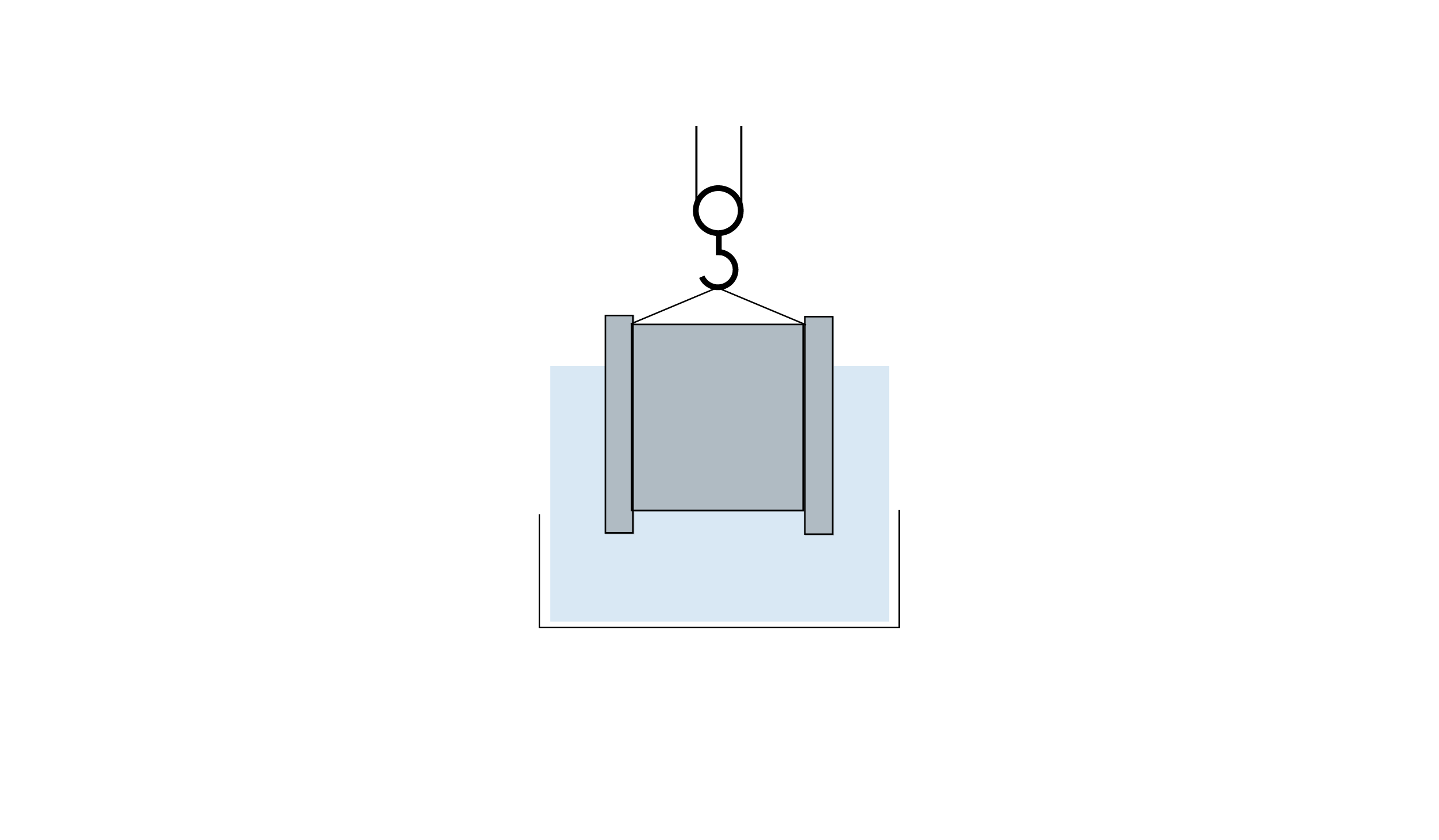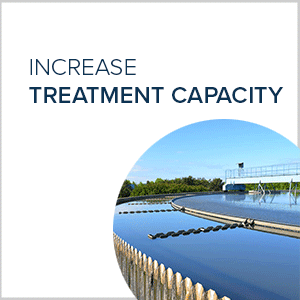Understanding the impact of our water footprint
As consumers we need to educate ourselves on the effects our decisions have on the environment .
Over the last decade or so we have become familiar with hearing about the need to reduce our carbon footprint in order to help curb climate change and protect the environment. However if we really want to make a sustainable change and improve our environment we should be looking at more than our carbon footprint we should be aiming to reduce our water footprint.
This may all sound extreme and like a lot of change but making some small adjustments to our lifestyle and behaviors can have a drastic effect on our impact on the environment. Reducing the water we use in our day to day activities is a good first step, however there are other changes with can have a greater impact.
The water that we consume in our everyday day life is mostly invisible. It’s not just the water we use from tap to flush that counts, but the water that is used to produce our clothes, food and everyday items that make a real impact. This is known as virtual water and it accounts for most of our water use.
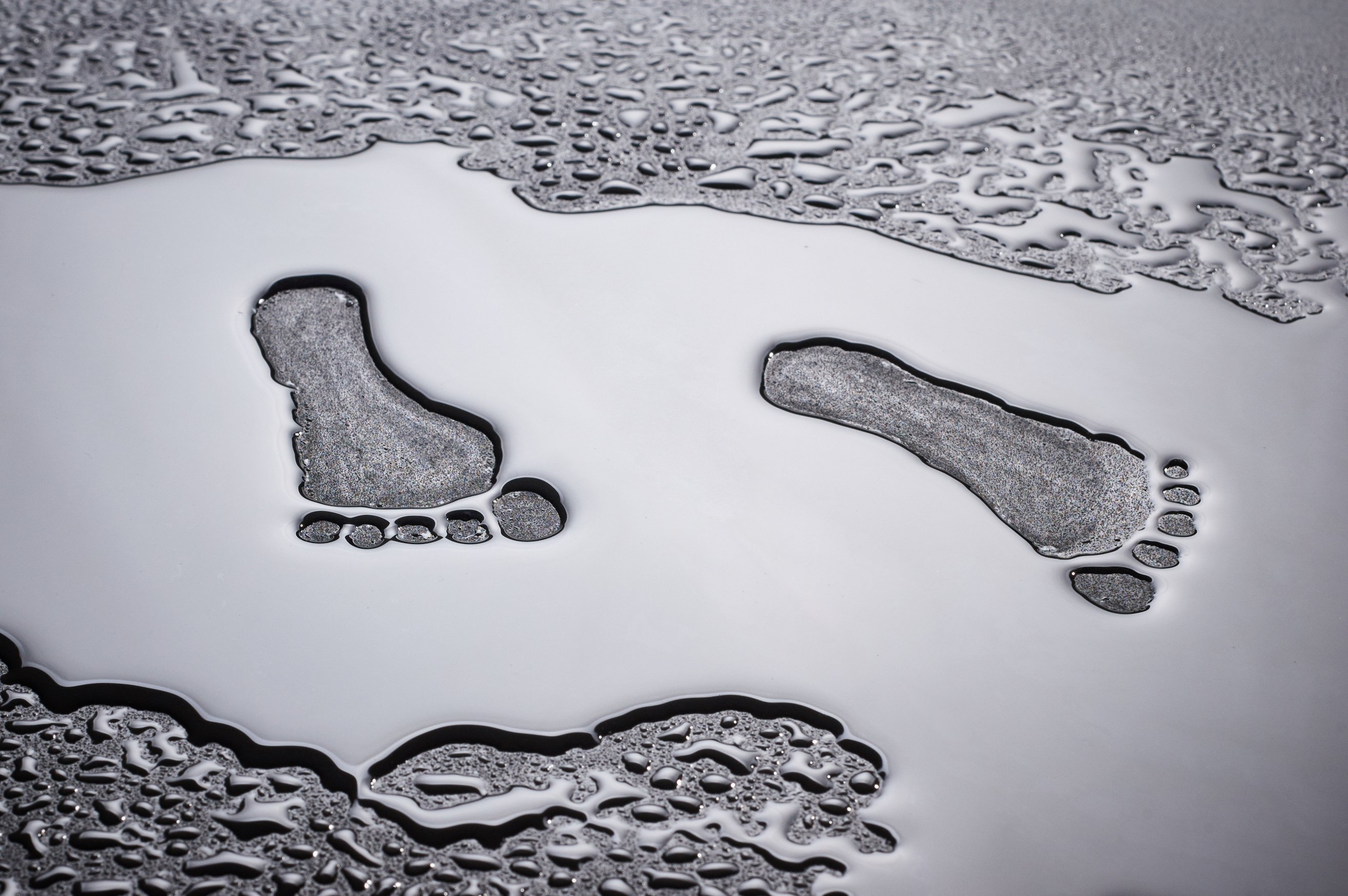 The water footprint of a person is defined as the total volume of freshwater that is used to produce the commodities, goods and services consumed by that person.
The water footprint of a person is defined as the total volume of freshwater that is used to produce the commodities, goods and services consumed by that person.
Every product produced has a water footprint and often consumers are unaware of the large volumes of water required for some common goods. Therefore educating ourselves is key to being able to make a sustainable change.
It is estimated that an adult consumes the below amounts of water daily;
- 1 gallon of water in what we drink and food we prepare.
- 20 gallons in washing and domestic use.
- 100`s gallons in the food we eat.
Agricultural Industry
The Agricultural industry is one of the most water intense industries, for example there are approximately 15,415 litres of water required to produce 1 kg of beef. (https://www.theguardian.com/news/datablog/2013/jan/10/how-much-water-food-production-waste)
Agriculture irrigation is a major contributor to water use currently it accounts for 70% of water use worldwide. The European union are in the process of setting new guidelines for water re use within the industry, this should help ease the burden on the freshwater resources. http://ec.europa.eu/environment/water/pdf/water_reuse_regulation.pdf
Food waste is also a major issue. According to the World Resources Institute, over 1.3 billion tons of food is wasted every year worldwide this equates to 45 trillion gallons of water. In recent years many restaurants and supermarkets are launching programs to donate unused food to charities, these initiatives can help local communities and reduce the amount of food waste. A win-win for all involved.
The fashion industry
The fashion industry is another industry that relies heavily on water, all activities from growing the raw materials used for textiles, such as cotton to the production process which includes the use of dyes- a major water contaminator. It is very water intensive .
It is estimated that 1,600 litres of water are used to produce enough cotton to make one pair of jeans. https://www.instyle.com/fashion/eco-friendly-denim-jeans-brands
Recently the fashion industry is coming under increased scrutiny for its unsustainable approach. The term “fast fashion” is being used to describe the part of the industry which is having a damaging effect. Consumers are being advised to invest in sustainable produced items of clothes that will last them years rather than the current trend of purchasing large quantities of cheap clothes that they wear for a short amount of time and then dispose of.
As consumers the reality is if we wish to reduce our environmental footprint the changes lie in the everyday decisions that we make. Over-consumption and the fast fashion industry are placing increased demands our resources. Ultimately the world we live in is run on water and all this used water use is putting our environment and the wastewater industry under increased pressure and It is in all our interests to act in a sustainable manner.

